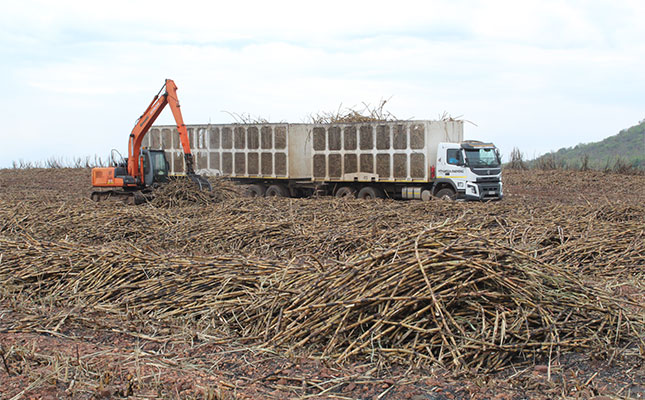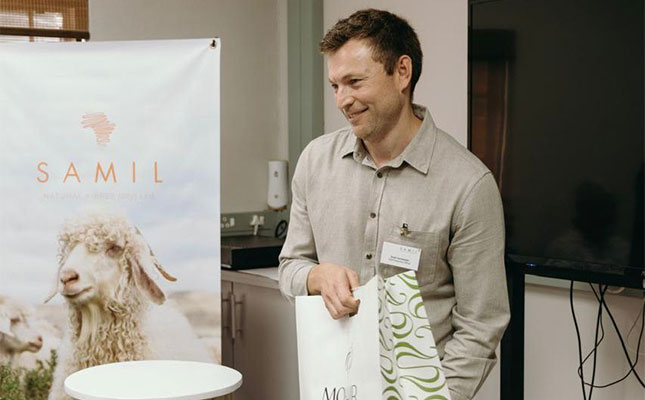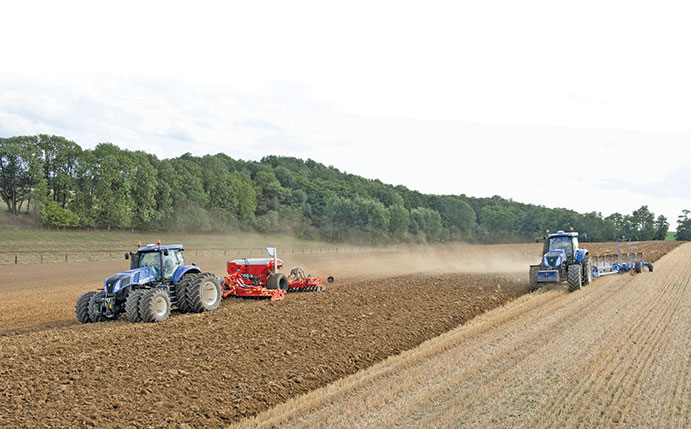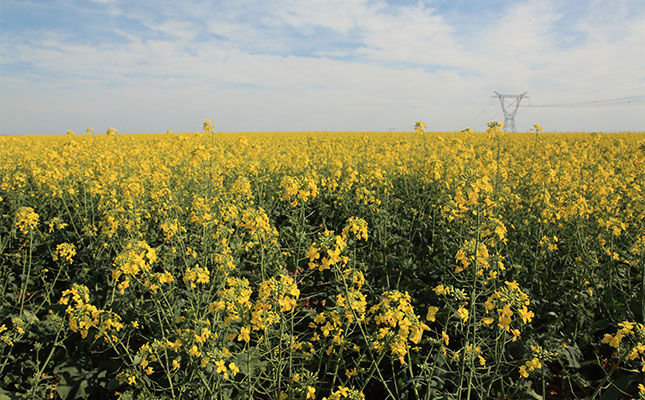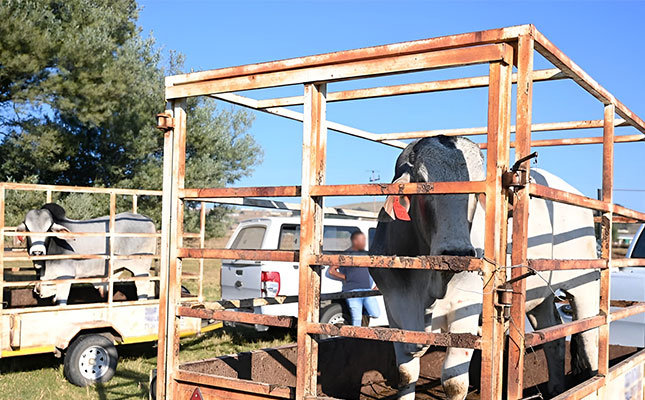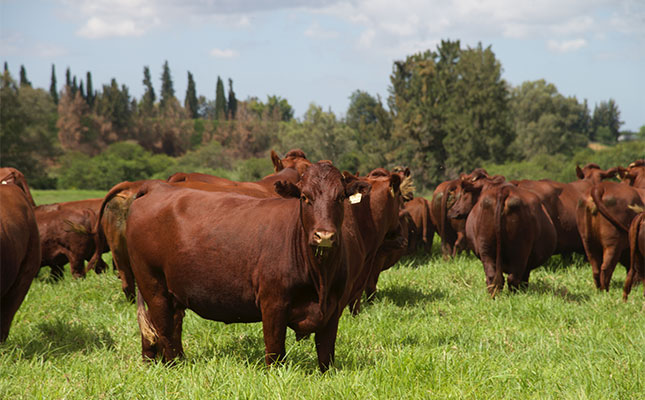
According to a Research and Markets report, the global plant extracts market, which includes herbal and botanical extracts, is experiencing significant growth. Currently valued at US$28,1 billion (about R500 billion), the market is projected to expand at a compound annual growth rate of 9,4% to reach US$63,1 billion (R1,13 trillion) by 2034.
The report notes that increasing health awareness and clean-label (100% natural) trends are driving consumer demand for botanical extracts in food, beverages, and personal care products. Additionally, the emergence of functional beverages infused with botanicals, such as herbal teas, is expected to fuel demand for quality extracts with enhanced bioavailability.
This positions rooibos at the forefront of the boom. Rooibos is a 100% pure product, free from colourants, additives, and preservatives. While referred to as a tea, it is in fact a herb, and the brew a herbal infusion.
Beyond the beverage, rooibos extracts — the concentrated versions of the rooibos plant — are used in many ways, including in nutraceuticals, health supplements, and cosmetics.
Market insights
Rooibos is renowned for its unique blend of phytochemicals, many of which act as powerful antioxidants that support the immune system. Several studies have suggested that rooibos may aid digestion, support heart health and diabetes management, reduce inflammation, and slow down ageing.
Naturally caffeine-free and with a distinctive flavour profile, rooibos appeals to consumers looking for alternatives to black and green teas. Interestingly, millennials are a significant market, with 87% identified as tea drinkers. There’s a strong preference in this group for fruity and herbal flavours, favoured by 72% and 64% of millennials, respectively.
Generation Z is also choosing tea over coffee, enjoying the diverse flavours, and as a health-conscious generation, opting for tea as a non-alcoholic beverage with health benefits. Locally, younger generations are reaching for rooibos, regarding it as the second-‘coolest’ hot beverage after Starbucks coffee.
Proudly South African
South Africa is uniquely positioned in the global market as the only rooibos producer in the world, with this valuable crop endemic to the Cederberg region of the Western Cape. The country exports to more than 50 nations and overseas demand has been rising steadily, from 6 552t in 2013 to 14 000t tons in 2024.
Japan, Germany, the Netherlands, the UK, and France were the top importers in 2024 (in that order), while total rooibos sales were equal to more than 10 billion cups of tea.
Other growth contributors
In the beverage sector, diversification of rooibos beyond tea has led to its increasing popularity. From flavoured teas and blends with herbs and spices (for example rooibos chai and rooibos matcha) to red espresso and ready-to-drink options like iced tea and cold brews, rooibos targets a broad consumer base.
E-commerce has boosted international access, with these platforms playing a significant role in the promotion and distribution of brands. At the same time, sustainable production, on the radar of a growing number of consumers and businesses worldwide, is well supported by rooibos producers.
Many farmers are using sustainable techniques, such as crop rotation, organic farming, and reducing chemical inputs, according to the South African Rooibos Council.
With cultivation and processing being complex, local knowledge carefully guarded, and attempts to grow rooibos elsewhere having consistently failed, this South African national treasure remains firmly on home soil, and its name legally protected. Ongoing innovation and product diversification promise even more potential for growth, sustainability, and market reach.

